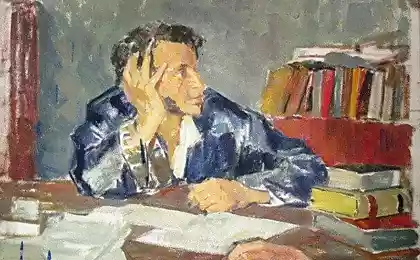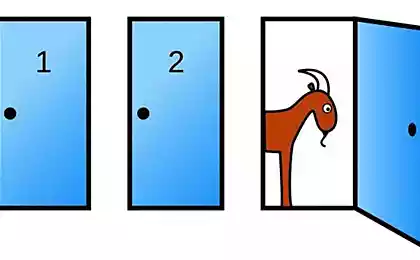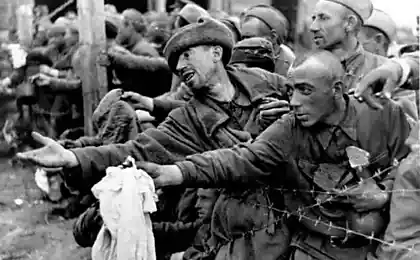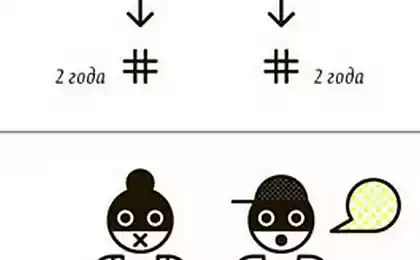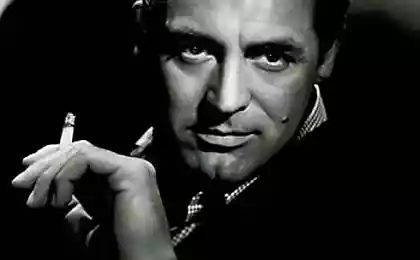640
Prisoner dilemma
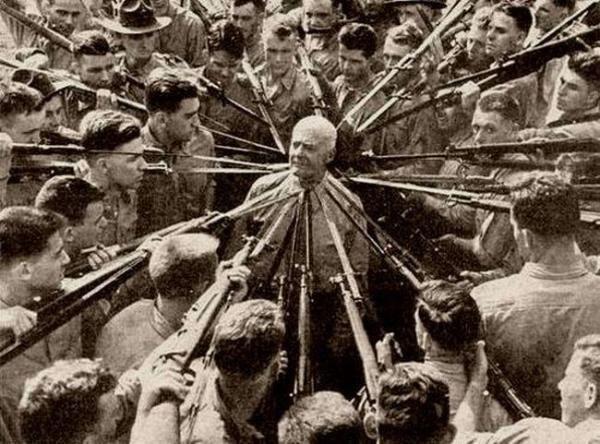
In 1950, Melvin Dresher and Merrill Flood opened the prisoner's dilemma. That is its essence: two suspects arrested in front of the bank and put in solitary confinement. In order to encourage them to confess to the intention to rob a bank, the police makes it the following sentence: If both remain silent, they are each sentenced to two years in prison. If one accuses another, and he did not speak, the traitor will be released, and keeping silent will get five years in prison. If both suspects blamed each other, each will be sentenced to four years in prison. At the same time associates know that such a proposal is made to both of them.
What happens? Both prisoners are thinking, "I am sure that the other split. He accused me, give me five years, and he was released, and it would be too unfair. " Then both comes to mind this thought: "When I heard it, I was released, why suffer both when one can escape punishment." In short, in such a situation, the majority of participants to inform on each other. Since the second accomplice thinks exactly the same way as the first, both receive four years of imprisonment.
And if they both remain silent, it would have been in prison only for two years.
And even more strange pattern: when to conduct the experiment, allowing the two suspects to communicate with each other, the result remains the same. The two men even work out a joint strategy of behavior in the end commit treason. The problem is that people are not able to completely trust each other.
Trust your followers.

